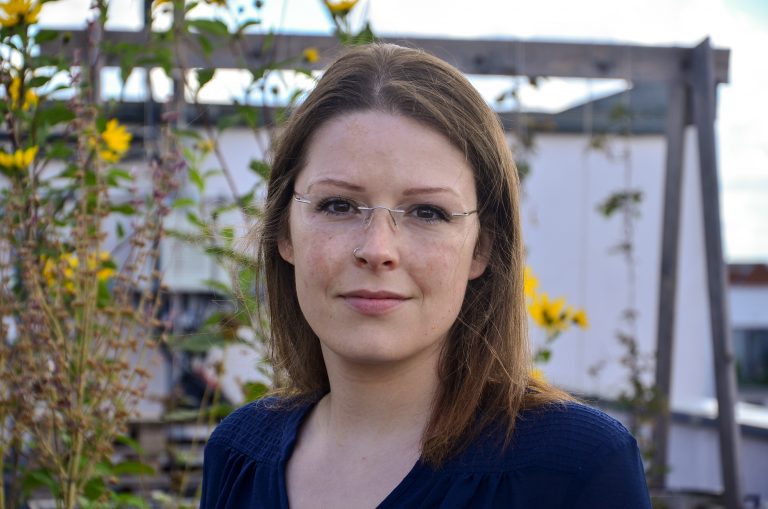The many issues that intersex people have to face will be discussed at a symposium at the University of Iceland this afternoon, Monday November the 14th.

“Intersex issues have been swept under the rug for a very long time. Generations of intersex people have been told that society won’t be able to understand their issues so this is just yet another attempt to raise the level of societal discussion,” says Kitty Andersen, chairperson of Intersex Iceland and board member of national queer organisation Samtökin ’78, who will be one of four speakers at the symposium.
In short, the umbrella term that is “intersex” is used over a broad group of people who have sex characteristic that fall outside typical, binary “norms” of male or female bodies, e.g. primary sex characteristics such as internal and external genitalia, reproductive systems, hormone levels and sex chromosomes, but also secondary sex characteristics that become apparent at puberty.
Today’s symposium is open for anyone to come and learn about the issues faced by the intersex community, which Kitty states need to be brought to light.
“By making this a private matter, a lot of human rights violations that have taken place – and still take place – on intersex people, will not receive the discussion that they deserve. The UN Convention against Torture and Other Cruel, Inhuman or Degrading Treatment or Punishment has issued warnings to several countries that the current treatment paradigm for intersex people constitutes human rights violation. So has the UN Convention on the Rights of the Child but these issues are still receiving too little attention from many governments, the medical profession and just societies in general.
“By making this a private matter, a lot of human rights violations that have taken place – and still take place – on intersex people, will not receive the discussion that they deserve.”
Being intersex is a very personal matter and it should be left up to each individual to decide on the level of privacy they want just as being trans is a personal matter and you should not out a gay person or lesbian. However, the issues being faced by the community do need societal discussion. It‘s the societal norm that shapes the current treatment paradigm: the thought that it would be too painful or too traumatic for these children to live their lives without medical intervention, usually in the form of surgical intervention, to normalise their appearances,” Kitty explains.
Other speakers at the Symposium on Intersex will be Tommi Paalanen, executive director of the Sexpo Foundation, giving a talk questioning the ethics of male genital mutilation. Also from the Sexpo Foundation comes speaker Tiina Vilponen; a sexual therapist, sexuality educator and sexual health promoter. Her talk is called “Genital Autonomy as a Sexual Right.” And finally, from the University of Iceland, Sólveig Anna Bóasdóttir, professor of Theological ethics and a lecturer in the interdisciplinary programme on sexology will give a talk called “Making sex! From Simone de Beauvoir to John Money & Anke Ehrhardt.”
The Symposium is hosted by RIKK- Institute for Gender, Equality and Difference, University of Iceland and is on from 3-5 p.m. in room 101 in Lögberg at the university campus.


